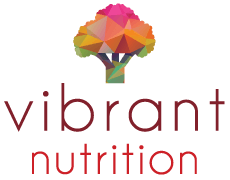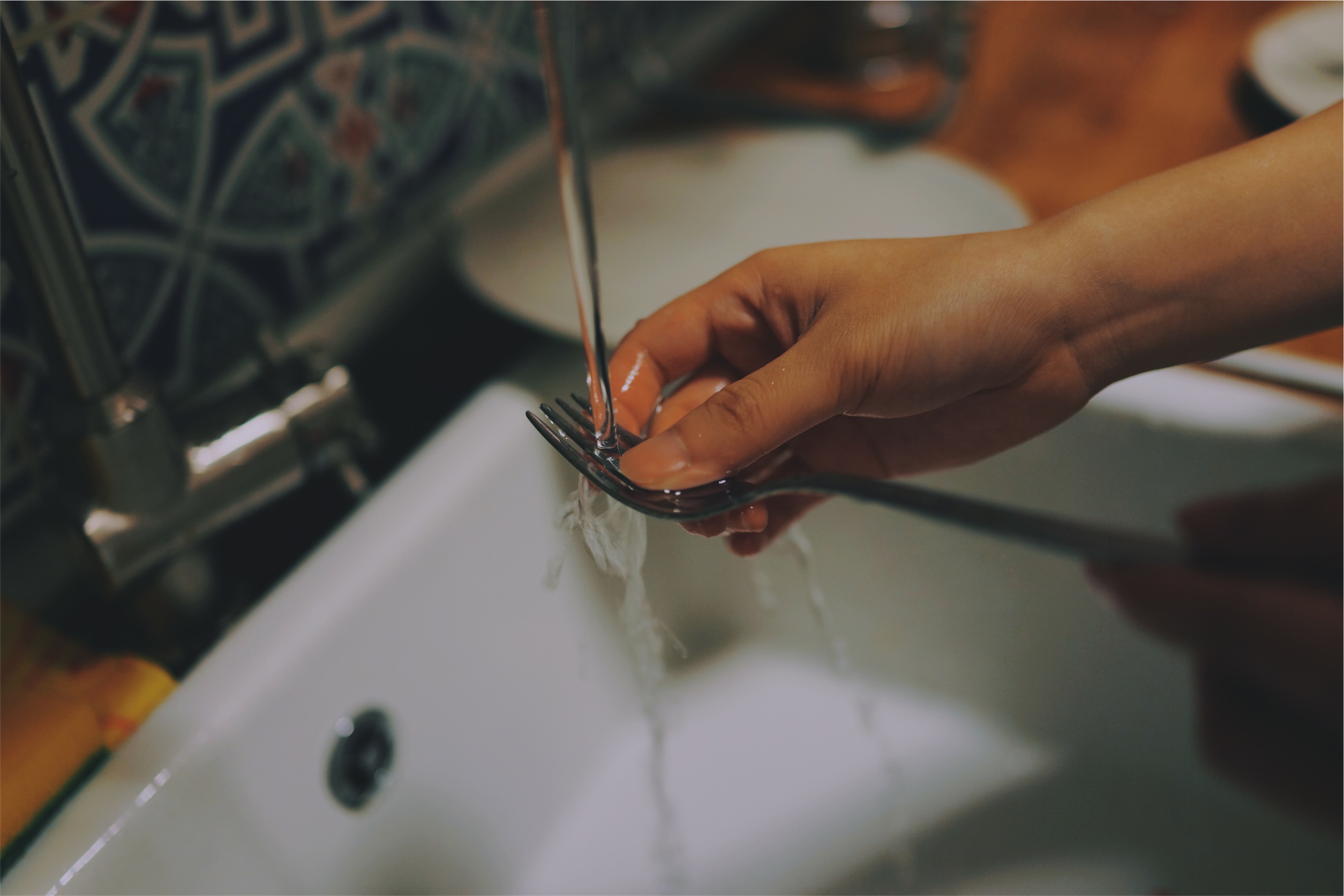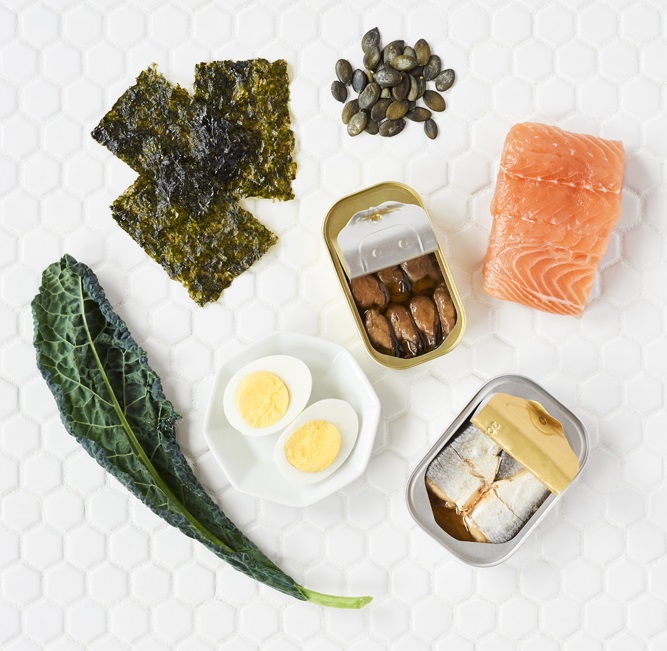August 12th, 2016
Let’s talk about “Clean Eating”
Everyone seems to be talking about “eating clean.” I hear about it from clients, from advertising, and across social media platforms.
But what does “eating clean” actually mean? And if you aren’t eating “clean” is the implication is that what you’re eating is “dirty”?
As a Dietitian, I’m always respectful of people’s beliefs and their desire to eat in a way that most suits them. But I also know that approaching nourishment in a polarizing, black and white way is documented to increase stress and anxiety and potentially create disordered patterns and thoughts about food.
Too often, “eating clean” means restricting your diet. It becomes what I call a “Nutrition Dogma” – an almost religious conviction or belief about a perceived right and wrong way to eat.
The thing is, eating in a strict pattern does NOT always result in benefits like improved health, sports performance, weight loss, a healthy pregnancy, etc. Having an ongoing holistic and balanced relationship with food will almost always be more beneficial than following a strict rule or regimen.
Instead of completely eliminating, for example, processed foods and white grains, a healthier and more realistic approach could look like having lower amounts of specific carbohydrates such as breads but still enjoying some of the homemade organic pizza at a good friend’s dinner party.
There are foods we know are nourishing for many people; legumes, fish, good quality meats and poultry, whole fruits and vegetables, some full-fat, fermented dairy products, nuts, healthy plant oils, animal fats, and intact grains and seeds. Making the bulk of your diet the former list will go eons in the way of protection and programming of the body, hormones and flip-on those “good” genetic switches”…however, it is not “clean”. Nor is anything not listed above “dirty.” It’s all just food.
There are so many examples on social media of “clean” (aka restricted) eaters. And while many of these lifestyle bloggers have actually spoken out on the disastrous impact this approach to eating has had on their health and their lives, many others still these perpetuate harmful approaches to eating.
When someone who advocates “clean eating” or other restrictive diets accumulates a huge social media following, it can seem like your eating patterns are tied to your social value.
The reality is that you won’t win an award or prize because of how strictly adherent you are to whatever dogma you identify with. There is no “Most Vegan Vegan-in-the-World” or “Captain Paleo 2016” award. There is nothing inherently wrong with shaping your food intake with either of these principles, in fact they both have some excellent qualities, but using these labels as a cover for denying oneself, having anxiety, and being judgemental is not okay.
While there are some scenarios in which people need to be more focussed on the food going into their body (athletes in training, pregnant mothers, etc.), they too need to remain balanced as opposed to dogmatic about what they eat.


